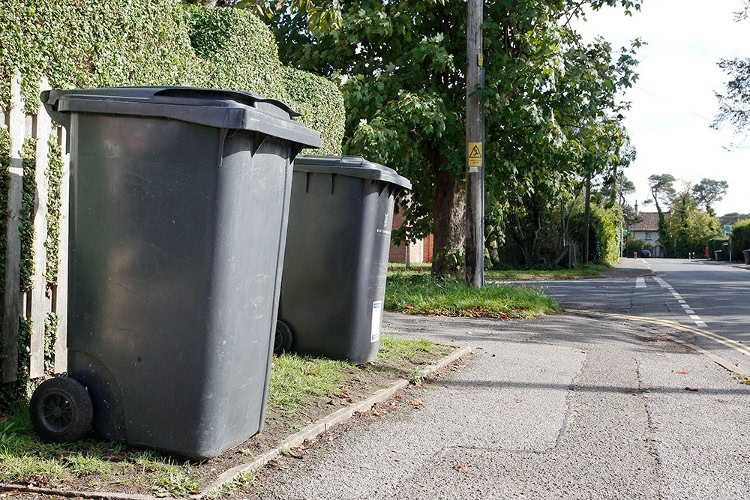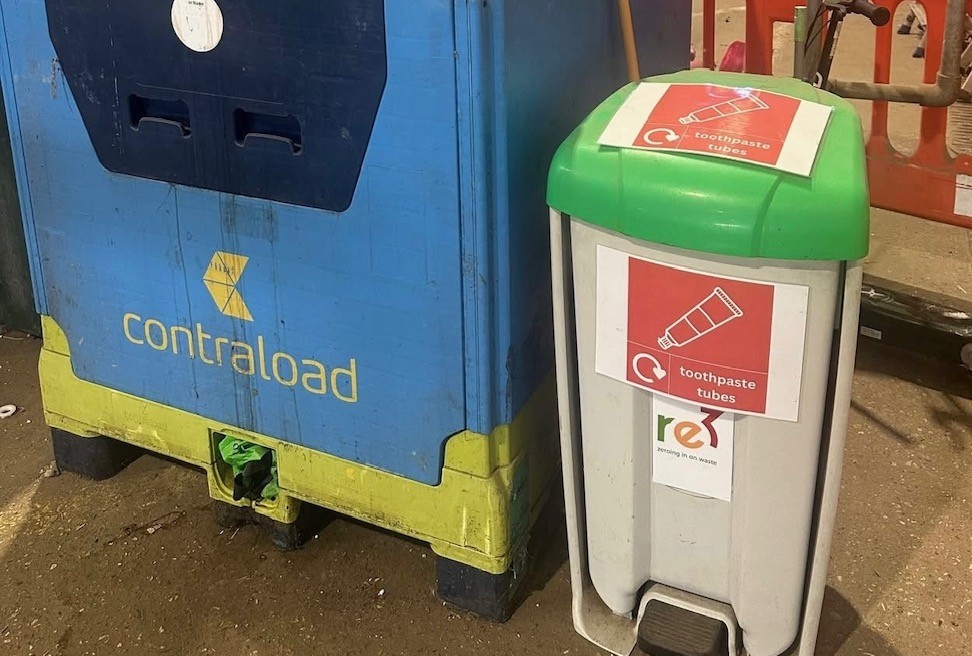The ban will apply only to areas offered separate collections for green waste, and looks set to come into force in June.
” If someone makes a genuine mistake we will inform them that they have done wrong and they should then conform. But we have the legislation to fall back on if we need it.“
– Paul Marten, Plymouth CC
Residents ignoring council officers' requests to take part in green waste recycling services offered in their areas face possible legal action including a fine, under legislation within section 46 of the Environment Protection Act of 1990.
Since May 2005, the city council has rolled the free green waste collection service out to half of Plymouth's households.
Intentions are to eventually offer the service to all suitable properties in the city, but the council has insufficient funds to do so in 2006/07. The ban on residents binning their green waste is seen as a stop-gap move to improve recycling rates as the government's landfill targets begin to bite and Plymouth's local Chelson Meadow landfill closes in 2007.
Cost
Councillors were told the new green waste service had so far “proved very popular” with Plymouth residents, but council officers warned “the service is not as cost effective in its current format as it potentially could be due to the limited number of residents currently using the service”.
Four participation officers will be employed by the council to monitor and advise on the green waste ban.
Paul Marten, waste project officer for Plymouth, told letsrecycle.com that bin inspections would be possible from time to time, although he was confident of residents complying with the ban.
He said: “If we say that green waste is banned from residual bins most residents will conform. The use of section 46 is an option available for us to deal with those that do not follow the rules.”
Enforcement
How Plymouth will go about enforcing the ban has not yet been decided, council officers will now be looking into how the scheme will work. But Mr Marten was keen to point out that fining residents was seen as a last resort.
| Related links: |
He said: “We hope that residents will adhere to the ruling, and if someone makes a genuine mistake we will inform them that they have done wrong and they should then conform. But we have the legislation to fall back on if we need it.”
Section 46 of the Environment Protection Act is also being used by other councils to enforce restrictions on residents' use of waste services. Examples include Watford's ban on putting out waste other than inside wheeled bins, and the London borough of Barnet's high profile “compulsory recycling” scheme.








Subscribe for free